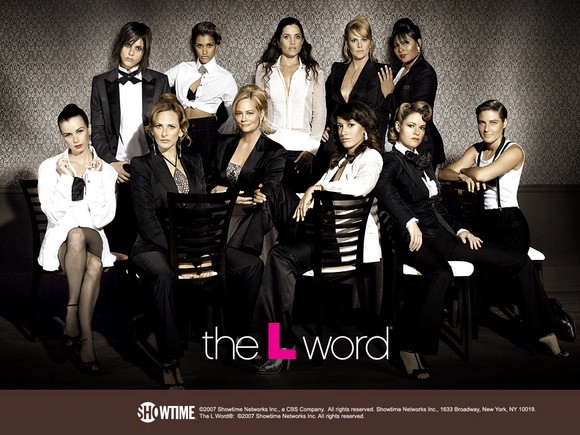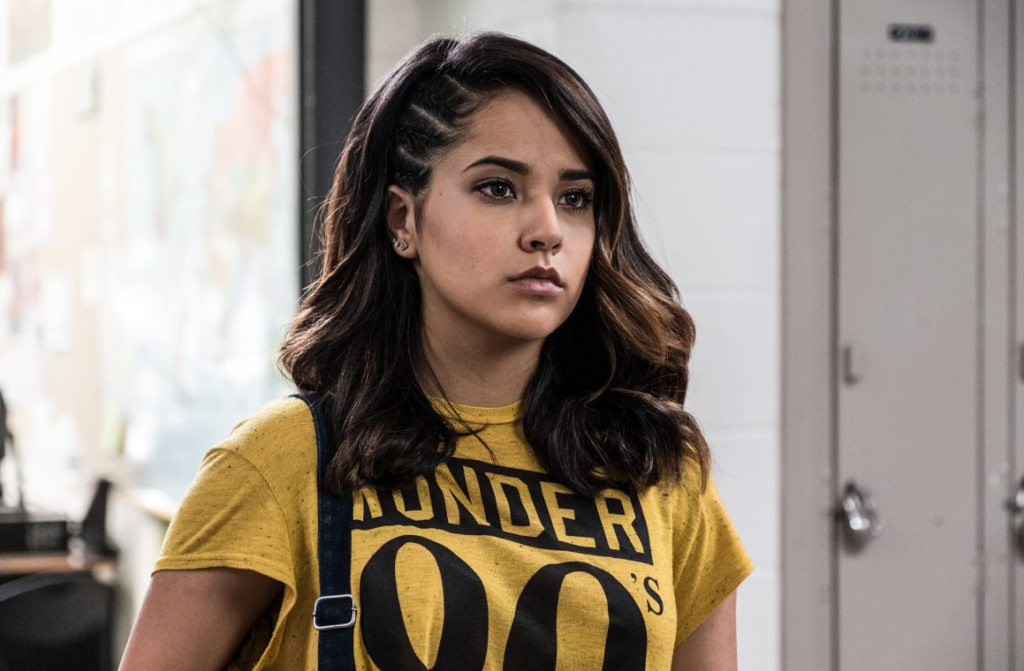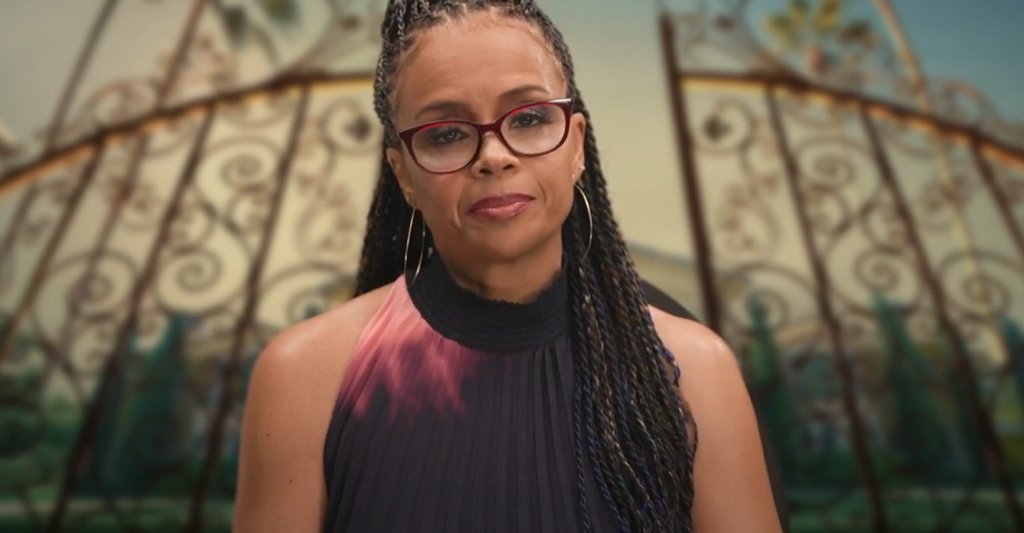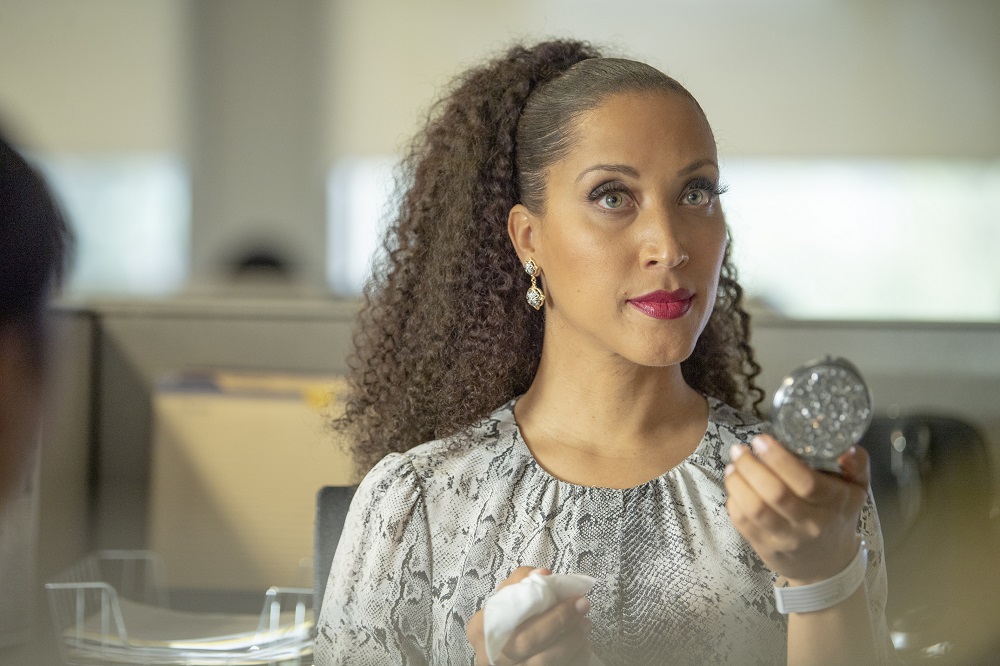The song tells us we can’t always get what we want. As lesbian and bisexual female media consumers, we know this all too well. But it also promises that, if we try, sometimes we’ll get what we need instead.
It’s a lesson that applies perfectly to the question so many of us ask every time we turn on our televisions: “Will we ever see another ‘The L Word?’”
Ilene Chaiken’s groundbreaking series left the air more than six years ago, and American television has yet to replace it with another show centered largely around lesbian or bisexual characters. Still, the prevalence — and importance — of lesbian and bisexual characters continues to improve in broadcast, cable, premium, and streaming network programming.
US audiences have the two loving mommies of “The Fosters,” the scientifically inclined clone on “Orphan Black,” one of the “Pretty Little Liars,” the couple formerly known as Calzona on “Grey’s Anatomy,” the bisexual succubus and her human doctor on “Lost Girl,” the not-actually-faking-it lesbian of “Faking It,” about a third of the cellblock on “Orange is the New Black,” and even your standard-issue pregnant lesbian on the new series “One Big Happy” to choose from.
Still, the desire for a show of our own continues. We just can’t help it; we want to be immersed in a world of lesbian drama. But do we really need it?
I would never argue against the importance of our visibility. I am always an advocate for more and better representation on screen. Yet the progress we’ve made in the 18 years since Ellen DeGeneres declared that, yep, she was gay, is significant and worth celebrating.
As our brothers in the LGBTQ alphabet also know, sustaining a gay-focused scripted series is no easy task. Groundbreakers like “Queer as Folk” and “The L Word” ran for five and six seasons, respectively. The British lesbian drama “Lip Service” and the freshly dumped “Looking” were canceled after two seasons each.
One could argue that our representation is better served with inclusion in more mainstream shows. Lesbian and bisexual characters play prominent roles in everything from freshman breakout “Jane the Virgin” to the complicated are-they, aren’t they Root/Shaw dance on “Person of Interest” and the transitioning nuclear families of “Transparent.”
And then there are the regular and recurring lesbian or bisexual female roles on “Empire,” “The Walking Dead,” “Gotham,” “The 100,” “Marry Me,” “Arrow,” “Chasing Life,” “Heart of Dixie,” “Survivor’s Remorse,” “Black Sails,” “The Returned,” “Younger,” and more I’m missing that you’ll no doubt tell me about in comments. Plus, we haven’t even mentioned the recently and soon-to-be dearly departed lesbian and bisexual characters from shows like “The Good Wife, “Glee,” “Chicago Fire,” and even the latter-day “Two and a Half Men.”
Yet, when it comes to a show primarily about us, we continue to falter. The latest edition into the canon is the Liz Feldman and Ellen DeGeneres produced sitcom “One Big Happy.” The series is the first lesbian-led network comedy since “Ellen” went off the air in 1998. So far the series has presented itself as a broad, approachable comedy. It’s “Three’s Company” with more honest sexual politics — though a similar amount of pratfalls.
But, despite the long gaps between lesbian-fronted offerings, the excited wave of lesbian and bisexual women actually watching “One Big Happy” one might expect hasn’t really emerged, at least anecdotally. Even I watched the premiere on DVR a day later. Compare that to “The L Word” watching parties you had with friends or thrown by your friendly neighborhood lesbian bars back in the day.
The urgency to see ourselves reflected on the TV screen isn’t as great because we’re already there. Sure, we may not be there en masse in one show, but we’re on so many others we are no longer so desperate we’ll drink the sand. And, just as crucially, the diversity of lesbian and bisexual female characters has increased.
One of the biggest critiques about “The L Word” over its six-season run (besides everything and anything about Jenny Schecter) was its limited portrayal of queer women. They were mostly femme, largely white, overwhelmingly upwardly mobile, and so on and so forth.
The difficulty any show about an underrepresented minority faces, particularly trailblazing shows, is the desire to be all things for all people. New hits like “Black-ish” and “Fresh Off the Boat” have successfully avoided that trap while still finding commercial and critical success.
Another “L Word” would need to straddle that world of specificity and commonalities. Still, perhaps the burden of being The Lesbian Show would be lessened because of the increased representation elsewhere. Instead, the next “L Word” could just focus on being a good show that people want to watch. What a concept.
Dorothy Snarker is Women and Hollywood’s queer columnist. She writes at dorothysurrenders.com and is a regular contributor at AfterEllen.com. Also find her @dorothysnarker.







